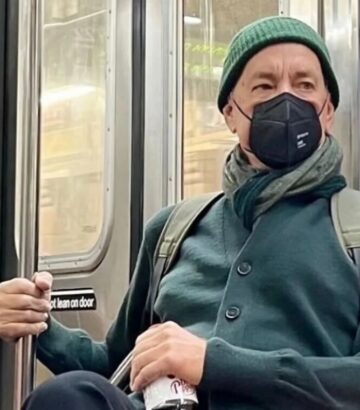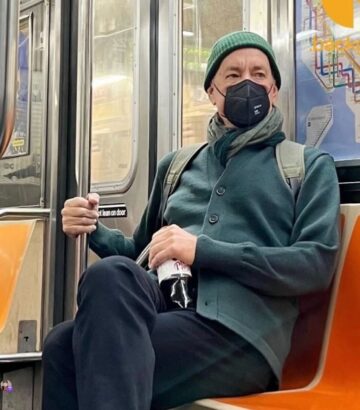Consensus: 386 Experts From Around the World Say Bringing the Pandemic to an End Is an Urgent Matter
Stephane Bilodeau, Kaitlin Sundling, Geraldine A. Hamilton, Yaneer Bar-Yam
After 6-20 million deaths and many more disabled, building trust in effective action is needed to end the COVID-19 pandemic
Nearly three years into the ongoing pandemic and despite the availability of numerous effective measures to reduce COVID harms — social distancing, mask wearing, mass vaccination campaigns — the false belief has gradually taken hold that protections are no longer necessary as SARS-CoV-2 no longer poses a threat to our societies and economies. This view is being challenged by stubborn facts that have come to light. As the number of infections continues to rise, Covid-related deaths continue to rise inexorably. At the same time, long Covid — with its prolonged, fluctuating, and multi-systemic damage (including the respiratory, cardiac, neurological, vascular and immune systems), that develops and persists after infection with the SARS-CoV-2 virus — is a growing phenomenon that severely impacts individual health across the population. The impact is so severe that it is affecting labor markets and economies.
The observed organ damage is linked to severe health events — including cardiac arrest, strokes, and sudden death that are often not attributed to Covid even though medical records show a dramatic (two-fold) increase in their occurrence follows, with or without vaccination, and after reinfection — as well as neurologic consequences affecting 10s of percents of those infected.
This is why, despite the current laissez-faire approach to Covid, a consensus has emerged among 386 experts (18 from the World Health Network) in 112 countries and territories to continue the coordinated fight against SARS-CoV-2. Convinced of the threats that this virus continues to pose to populations, they propose in an article published in the journal Nature a series of recommendations that if efficiently implemented, could recreate the environment conducive to the social interactions we all aspire to.
They point to the failures of the response effort in galvanizing individuals, communities and institutions across society. Without effective communication and cooperation across disciplines and organizations our society cannot use the tremendous capabilities that humanity has developed collectively. Without putting the responsibility for action into collaborations that use specialized abilities toward a connected whole of society effort, the virus is outcompeting us as we default to biological competition of virus against individual immune systems.
The virus evolves, people together can learn.
This is why, for these experts, “living” with Covid means continuing to mobilize ourselves against the pandemic, both individually and collectively. It is by acting and coordinating different levels of action that it will be possible to minimize the damaging effects of the virus. We now know that the vaccination strategy deployed since the beginning of the pandemic—despite the great feat that it was—is not enough because vaccines do not block transmission. Unabated spread allows the virus to mutate faster than the vaccines can be adapted and then adopted.
The mistake was to think that vaccines were enough when we have other tools at our disposal. Air quality improvement is one area that should be massively developed as it could dramatically improve the situation. Some countries have embarked on large investments but—as the expert panel points out—lack of coordination and whole of society approaches remains a central problem. Yet, this is not the first time that our societies are faced with large-scale challenges.
Our ancestors faced the challenge of collecting, distributing and disposing of water in increasingly populated cities. Clean water and sewage elimination in metropolitan areas was a major concern, as poor management of wastewater had in the past contributed to the development of large-scale epidemics. In the 19th century development of modern sewage systems solved pollution and health problems, essential for sanitation of cities and their densification.
Today we face the challenge of achieving clean, virus free, air. Effective ventilation, filters in HVAC systems, and portable HEPA air filters are among the powerful instruments we have to fight the disease. While there is a good agreement on their benefits, the medical and scientific community and certain lobbies remained divided for too long on taking action, how and when to make these investments.
Where clean air to breathe cannot be guaranteed, high quality masks provide remarkably effective risk reduction by 10 fold or, if everyone wears them, 100 fold. Other powerful preventive measures include surveillance testing and continuing to exercise caution in avoiding unnecessary meetings. The research on long covid makes clear that reducing the risk of transmission and rate of infection will reduce dramatically long term health consequences, including disability and death.
This is why this consensus paper is timely in proposing constructive measures to regain a promise and a victory of the modern world, that of being able to live in dense areas while minimizing risks and benefiting from the proximity and specialization of others.











